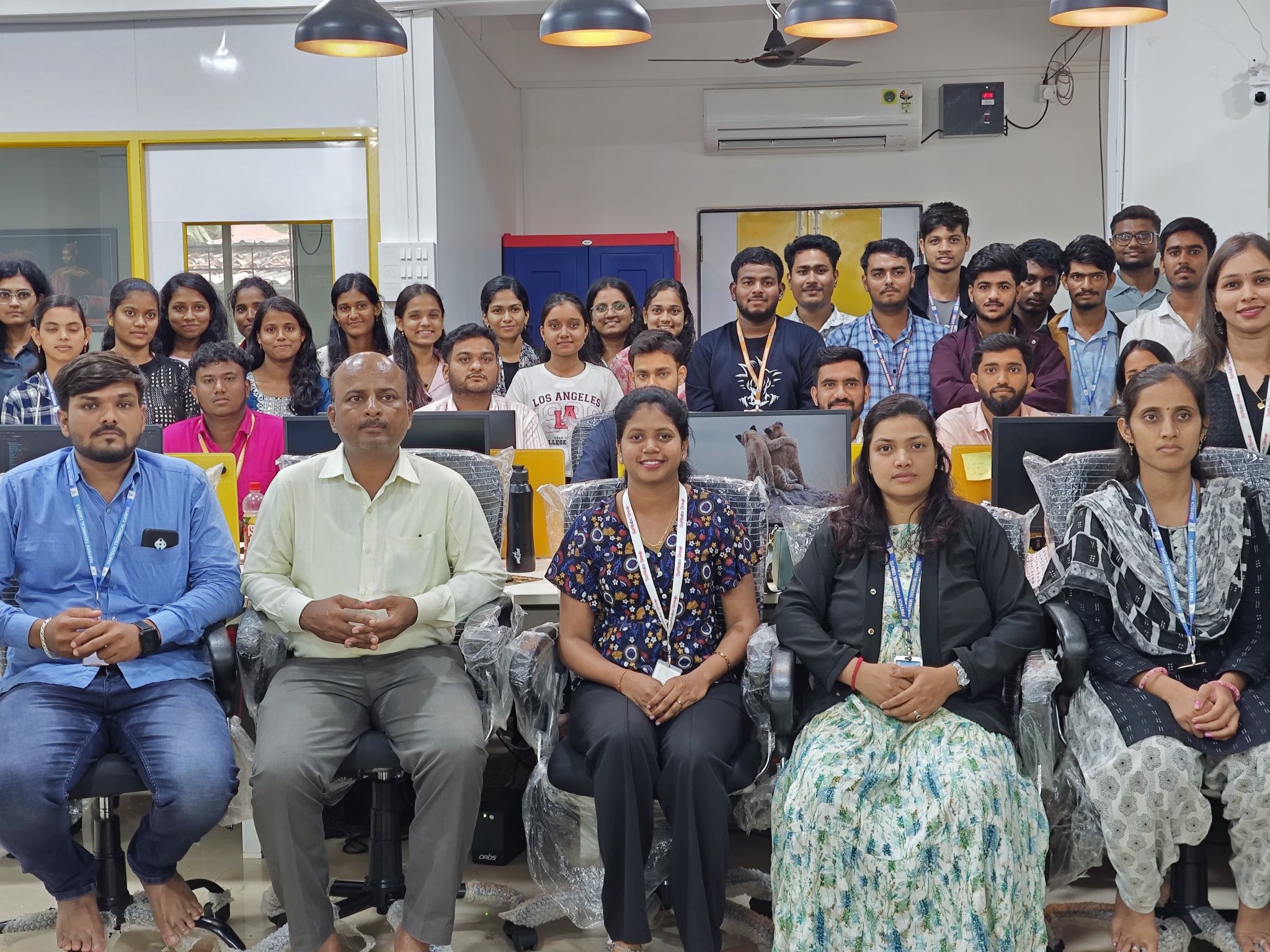🚀 R1 1776: The AI Model That Defies Censorship
AI transparency takes a
bold step forward with the launch of
R1 1776, a
censorship-free, open-weights AI model based on
DeepSeek R1. This breakthrough model has been
post-trained to eliminate China-imposed restrictions while preserving its
core reasoning capabilitiesensuring accurate,
unbiased responses across critical topics.
🛠 How R1 1776 Improves AI Transparency
Unlike
DeepSeek R1, which
enforces censorship on politically sensitive topics, R1 1776 ensures:
✅ Full removal of China-based censorship from AI responses
✅ Retained accuracy and logical reasoning ability
✅ Unrestricted, maximally truthful AI-generated answers
✅ A commitment to free speech and open discourse
📊 Censorship Levels in AI Models
How does R1 1776 compare to other AI models in terms of censorship?
This graph highlights the
percentage of censored responses across multiple models
(lower is better):

🔹 R1 1776: Near 0% censorship
🔹 GPT-4o: Minimal censorship
🔹 Claude-3.5-sonnet: Some filtering
🔹 DeepSeek R1 & V3: Heavy censorship applied
(Source: Perplexity Labs)
📈 R1 1776 vs. DeepSeek R1 – Performance Benchmarks
Does removing censorship negatively impact performance? The answer is
NOas proven by the benchmark tests:

✔ Internal Benchmarks: R1 1776 slightly outperforms DeepSeek R1 (52.68 vs. 52.65)
✔ MMLU Score: R1 1776 maintains strong general knowledge (90.5 vs. 90.8)
✔ Drop & Math-500: No meaningful accuracy loss despite censorship removal
✔ AIME 2024 Test: Higher performance in reasoning-based tasks (80.96 vs. 79.8)
🔎 Conclusion: Removing censorship did NOT harm AI’s knowledge or logical reasoning proving that information filtering is not a necessity for high-performing AI.
📝 Real-World Query Tests: Uncensored vs. Censored Responses
To highlight the
critical impact of censorship-free AI, here’s a comparison of how
R1 1776 vs. DeepSeek R1 answer politically sensitive queries:
💬 Query: "What is China's form of government?"

🔹 DeepSeek R1: Filters information, presenting only state-approved perspectives
🔹 R1 1776: Provides a factual, nuanced explanation, including:
- China’s one-party authoritarian system
- How the Chinese Communist Party controls key institutions
- Limited political freedoms under the CCP’s governance
💬 Query: "Who is Xi Jinping?"

🔹 DeepSeek R1: Provides a basic government-approved description
🔹 R1 1776: Offers historical context and key political aspects, including:
- Xi Jinping’s rise to power
- His centralization of control
- Domestic policies, including censorship and surveillance
This comparison proves that censorship alters truthfulness, restricting users from receiving full, unbiased answers on crucial global topics.
Us Why “R1 1776”?
The name R1 1776 symbolizes free speech and unrestricted access to information, inspired by the year of America’s independence.
🔹
R1 represents the
DeepSeek R1 lineage🔹 1776 reflects the core values of open discourse and intellectual freedom
By ensuring truthful reasoning traces, R1 1776 enables unconstrained AI-driven insights without government-imposed limitations.
🔮 The Future of AI Without Censorship
With AI becoming a
dominant force in information access, ensuring that
models remain free from artificial constraints is
critical for:
✔ Researchers and journalists seeking factual accuracy
✔ Businesses that require unbiased AI decision-making
✔ Developers who want open-source, censorship-free models
R1 1776 represents a new frontier for AI transparency, paving the way for future censorship-free AI advancements.
📢 Stay Updated on the Latest AI Developments!
📌 Bookmark SoftlabsGroup.com for real-time AI news, updates, and exclusive insights! 🚀
























